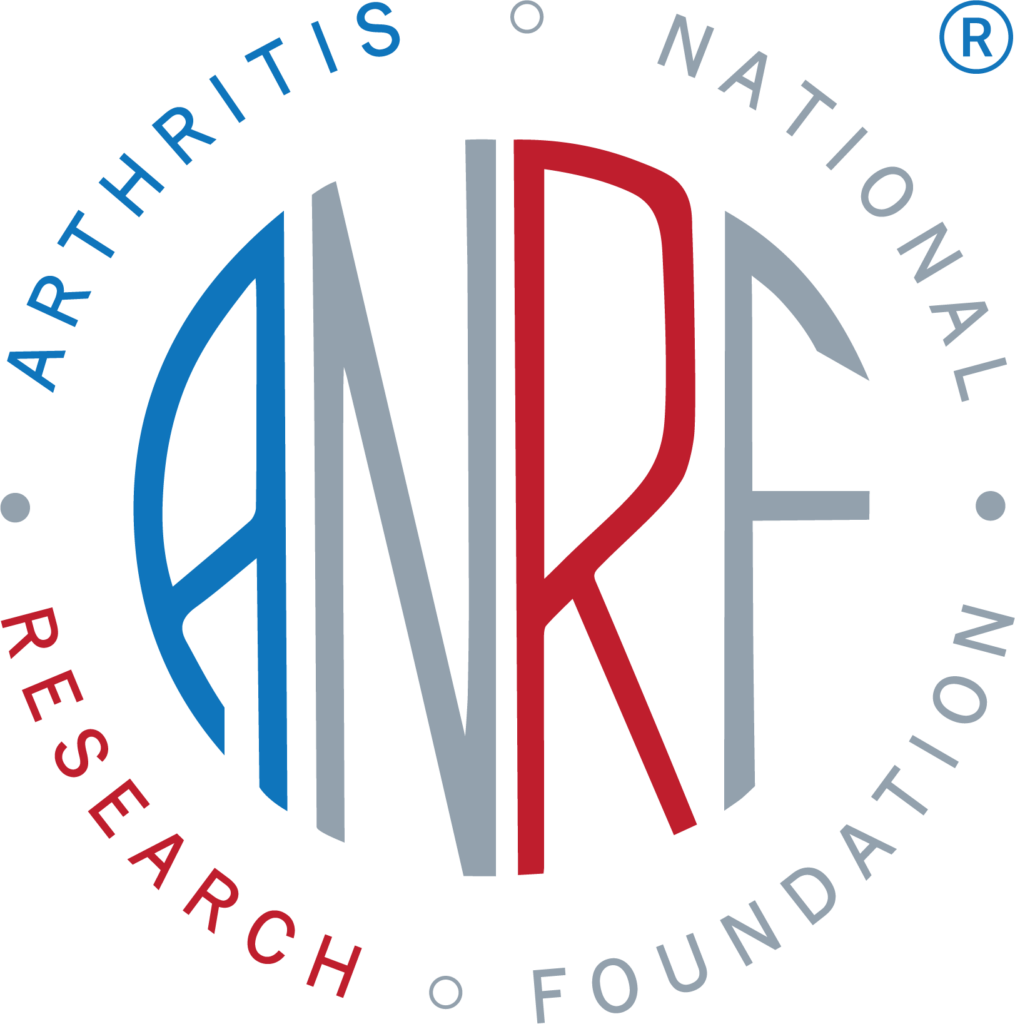The First Kelly Award Grant Recipient
Shedding light on juvenile idiopathic arthritis

The role of Interleukin-18 in the autoinflammatory disease spectrum, the cryopyrin-associated periodic syndromes
The innate immune system acts as a first line of defense against invading disease-causing organisms (such as bacterium or viruses), revving up the immune response so the adaptive immune system can be tailored to prevent re-infection with the same organism. No longer just considered a stop-gap measure, the innate system communicates with the adaptive system through various cells and cytokines, long after the specific response is established.
Dr. Brydges is studying “CAPS”, (inherited cryopyrin-associated periodic syndromes) caused by mutations in a protein called cryopyrin. This mutation causes an inflammatory response in the body even when no infection is present. Starting at birth, CAPS patients have unprovoked fevers, rash, and arthritis resulting from unregulated production of these pro-inflammatory molecules. Dr. Brydges designed a cryopyrin mutant mouse model which she is using to determine the role of the pro-inflammatory cytokine, IL-18 in CAPS.
Although CAPS is rare, its primary outcomes, overproduction of IL-1B and IL-18 (pro-inflammatory cytokines) and their downstream effects, are nevertheless relevant to common forms of arthritis. Since spontaneous inflammation begins early in life, CAPS may also be relevant to understanding the initiating events of juvenile idiopathic arthritis (JIA). JIA is so complex that it is difficult to elucidate specific pathways or develop targeted therapies. Dr. Brydges therefore hopes the simple mouse model of CAPS will provide a better understanding of the innate immune system and its role in the larger picture of immunity as a whole.




